
We forced book reviewer COLIN STEELE to look up long enough to share his top five books for the past year…
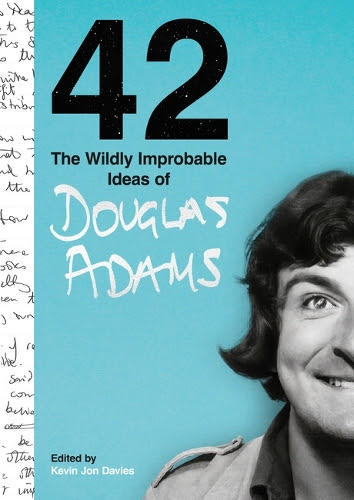
42: The Wildly Improbable Ideas of Douglas Adams, edited by Kevin Davies, is a lavish illustrated book covering the life of The Hitchhiker’s Guide to the Galaxy author Douglas Adams, who died in 2001 at the age of 49. Davies has combed the Adams archive at Cambridge University to compile a comprehensive documentation of Adams life, along with tributes from friends such as Stephen Fry, apparently the only person Adams confided in as to the solution of 42 in regard to the meaning of life, the universe and everything.
Davies reproduces school reports, fan letters, family photographs and drafts of Adams’ extensive writing, including the scriptwriting work before The Hitchhiker, which was first broadcast on radio in 1978.
That was followed by the Hitchhiker TV series, the five-book trilogy and film success.
The Hitchhiker’s popularity and influences are still reflected today – both Google’s HQ and CERN’s large hadron collider have office complexes named 42.
Adams was always an early consumer of computing technology and Davies covers his IT enthusiasms in fact and fiction. Adams’ fans will be delighted with this lavish personal treasure trove, a significant testimonial to Adams writing and his life.
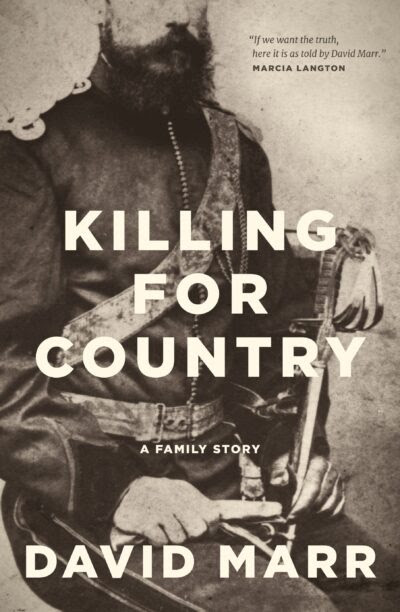
DAVID Marr’s Killing for Country: A Family Story is a powerful indictment of the treatment of indigenous Australians in mid-19th century Queensland, seen through the main prism of Marr’s colonial ancestors and their involvement in the frontier wars.
Marr, building on the work of historians, such as Henry Reynolds, and through intensive archival research, presents a bleak picture of the abuse and murder of indigenous Australians.
It is a searing indictment of Australian society then, but with contemporary resonations. Marr, when he came for an October ANU Meet the Author, signed my copy of his 2018 Collection of Essays, in which he had written in the introduction, the words, “I know my country now”. Marr underlined those words in my copy with an asterix to his writing on the page “bullshit”, reflecting here his dismay at now not knowing his country at all.
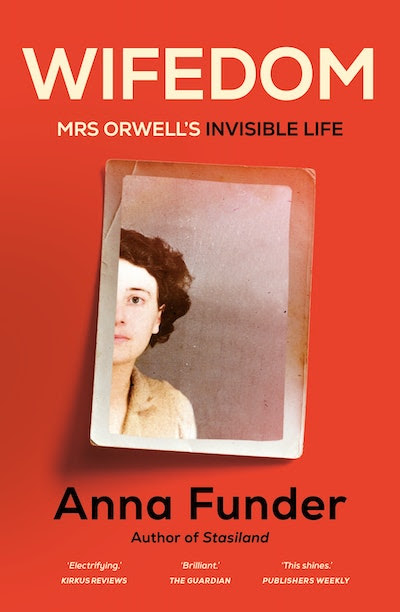
ANNA Funder’s Wifedom: Mrs Orwell’s Invisible Life brings to the forefront, the life of George Orwell’s wife, Eileen O’Shaughnessy. Funder, in a mixture of biography, fiction and autobiography, reveals that Eileen, who died in 1945, provided major intellectual and domestic support of Orwell, but she has been largely airbrushed out of history, which Funder calls a “wicked magic trick”.
Oxford educated, Eileen, who had a particular influence in the writing of Animal Farm, was, as Kathryn Hughes has commented, “Orwell’s editor, agent, secretary, co-conspirator, breadwinner, nurse and lavatory unblocker”.
Funder interweaves her own personal story of the nature of being a working wife in sections of the book, which sits tonally, sometimes uneasily, with the main narrative of rescuing Eileen from her husband’s Orwellian shadow.

BRUCE Wolpe’s Trump’s Australia is underpinned by a subtitle: “How Trumpism Changed Australia and the Shocking Consequences for Us of a Second Term”.
Wolpe’s long experience with American life and politics, including his time as adviser to President Obama, provides background to his searing analysis of Trump’s ascendancy and influence. He ranges widely over domestic and foreign policies to the eroding of democratic values from Trump’s actions and their impact on Australia.
Wolpe prioritises the need for the maintenance of democratic values in the face of “the actions of billionaire demagogues, tribal media and manipulated social networks enhancing the tyranny of the minority”.
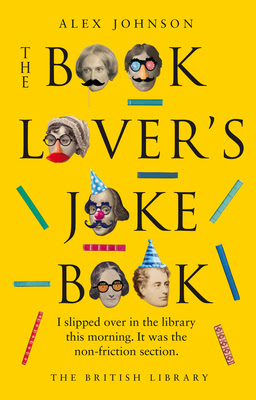
TO end the round up a cheerier note, avid readers will love Alex Johnson’s The Booklover’s Joke Book, which even has a joke on the title page, “I slipped over in the library this morning. It was the non-friction section”. This gives a flavour of the content in the 25 subject chapters.
Here are jokes about books, writers, agents, publishers, bookcases and even cats. In the chapter on authors’ you will find: “Why did Puck cross the road? Because he saw someone he knew Oberon on the other side”. And following the Shakespeare links – “Shakespeare walks into a bar. ‘Not you again’, says the landlady, ‘you’re bard’.”
Also in that author chapter: “Doctor, doctor, I keep dreaming I’m writing The Hobbit… Don’t worry sir, you’ve just been Tolkien in your sleep”.
In the grammar chapter: “What happened when the verb asked the noun to conjugate? The noun declined.
Real literary shopping places give us Lord of the Fries, which is an Australian vegetarian fast-food chain; Cash-22, a pawnbroker chain in London; Grate Expectations, a fireplace shop in London and Tequila Mockingbird’, a cocktail bar in London.
Who can be trusted?
In a world of spin and confusion, there’s never been a more important time to support independent journalism in Canberra.
If you trust our work online and want to enforce the power of independent voices, I invite you to make a small contribution.
Every dollar of support is invested back into our journalism to help keep citynews.com.au strong and free.
Thank you,
Ian Meikle, editor

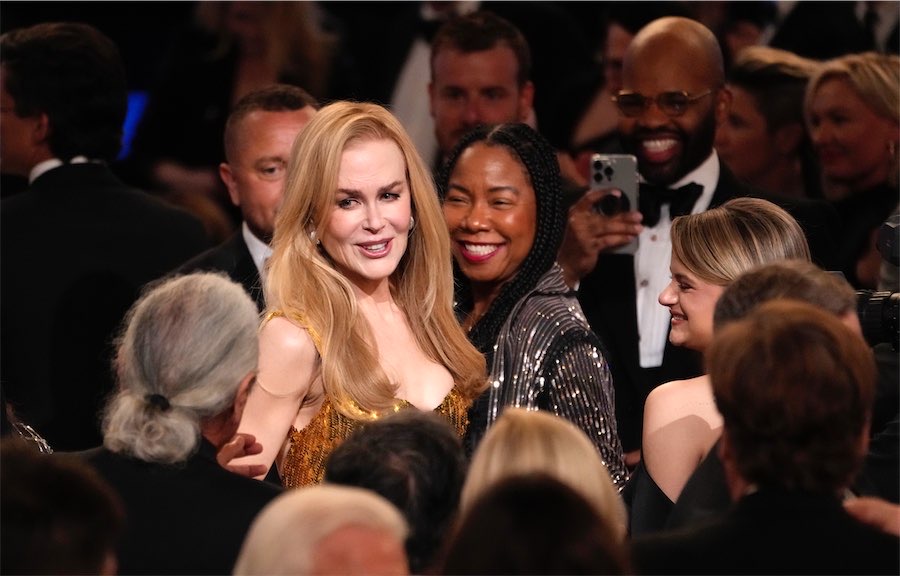



Leave a Reply